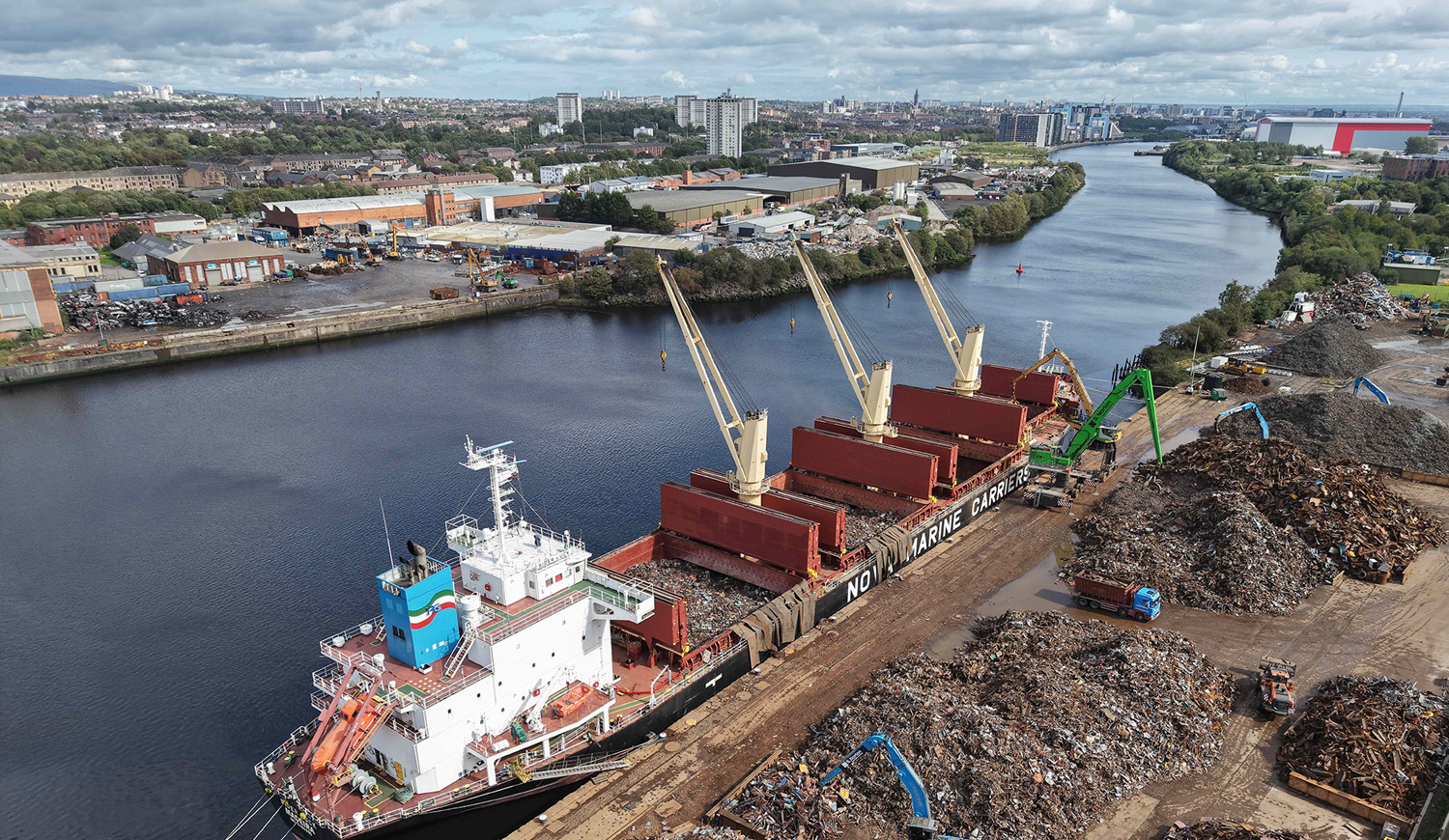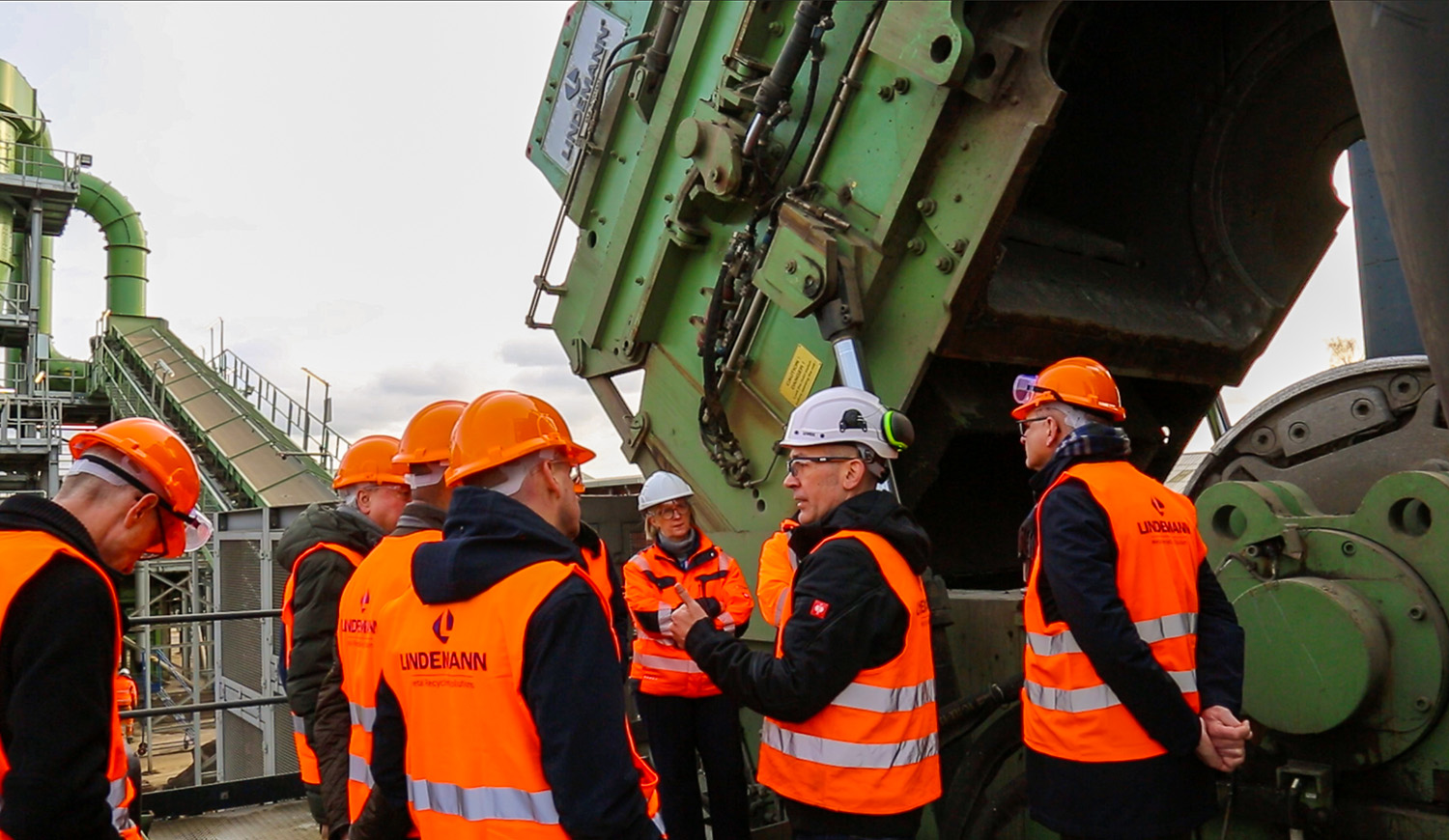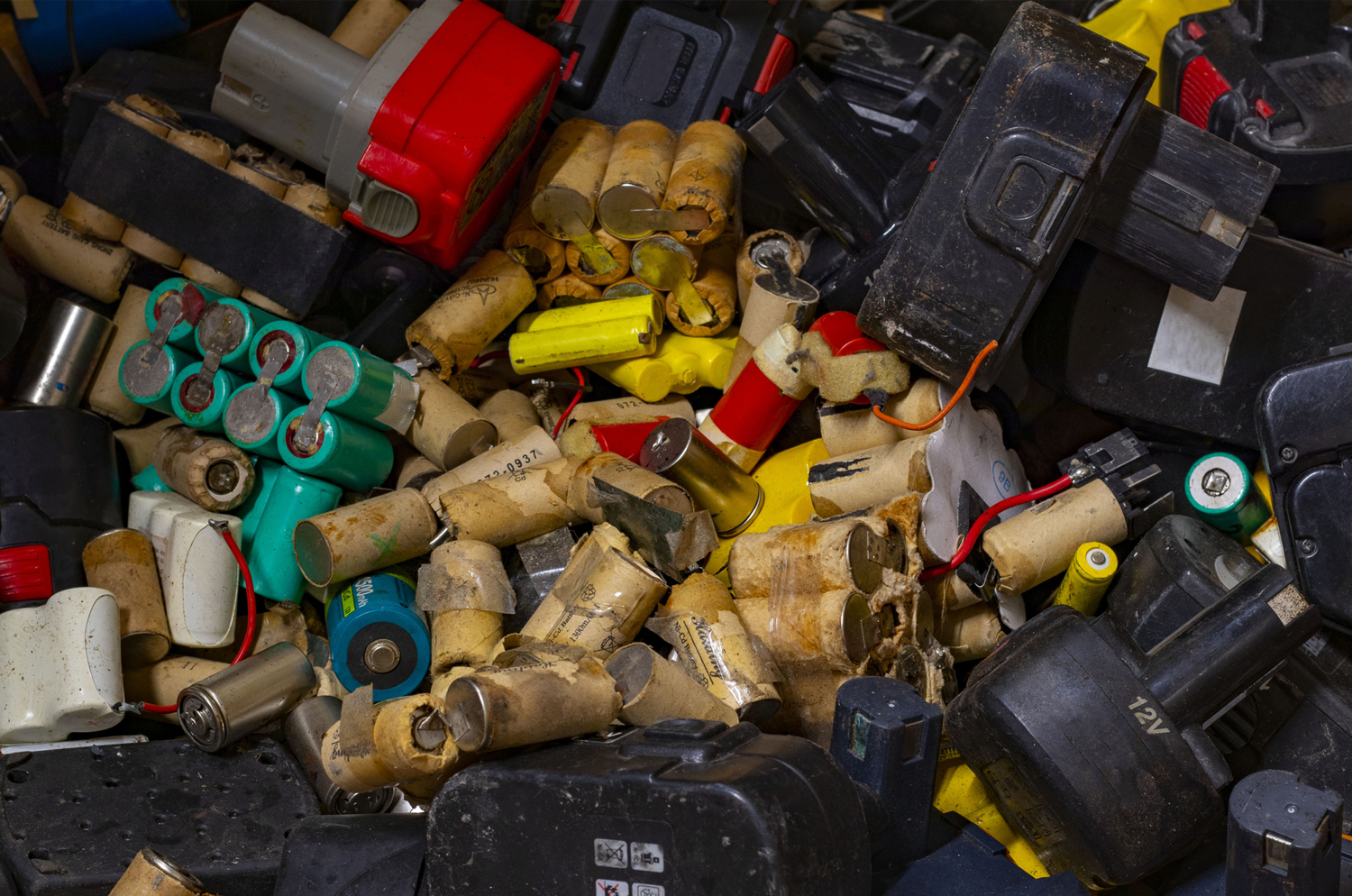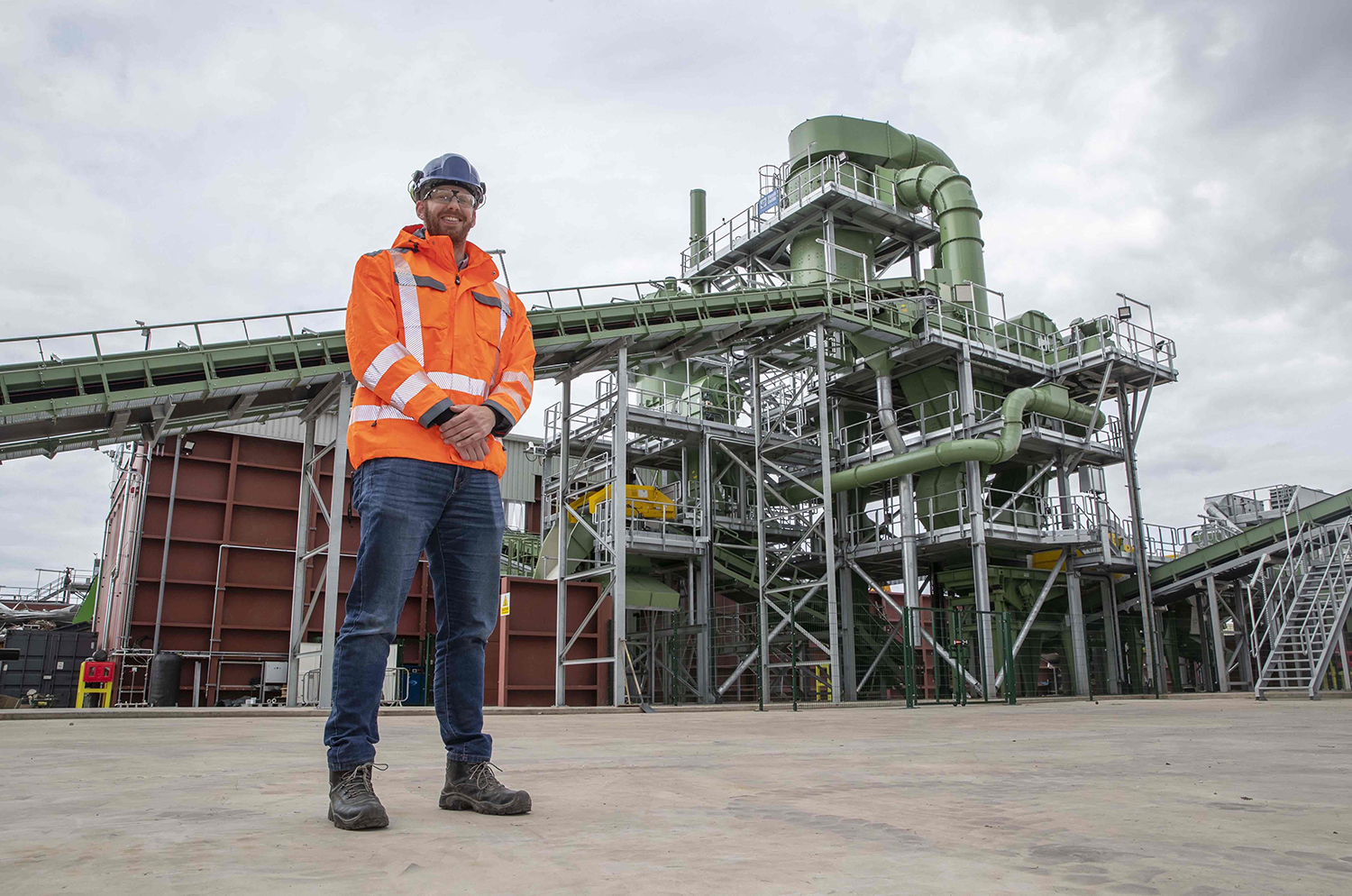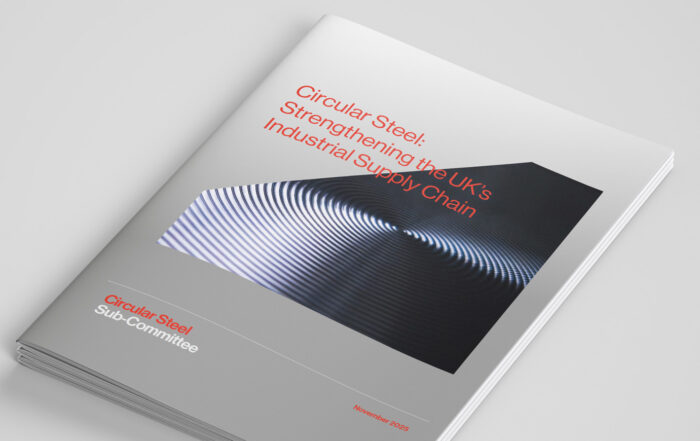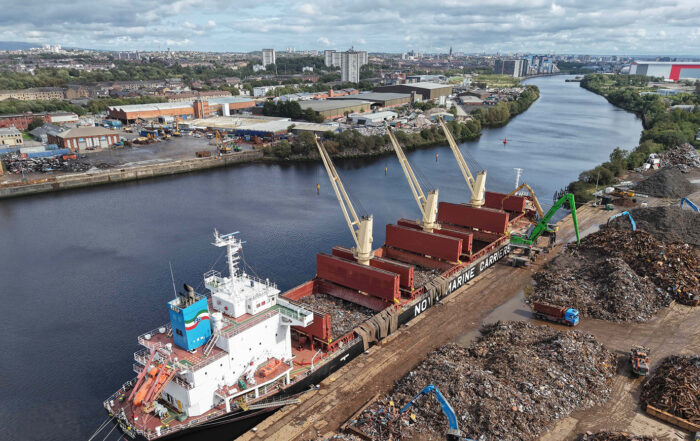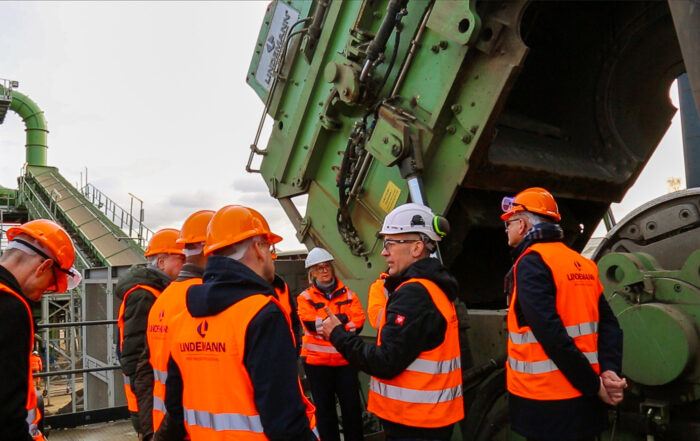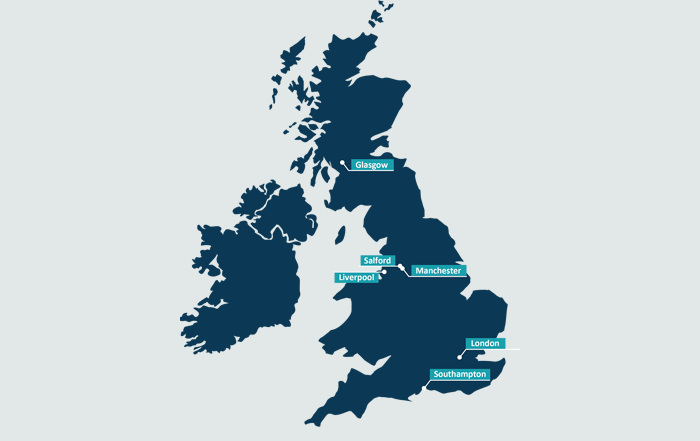NEWS
S. Norton urges government action to keep value, jobs and manufacturing in the UK
The UK’s leading steel producers and metal recyclers – including S. Norton – have joined forces to urge government action to strengthen the domestic steel recycling sector.
Circular Steel: Strengthening the UK’s Industrial Supply Chain, is a report that highlights the opportunities to drive processing standards in steel scrap and ensure a sustainable and competitive future for UK metal recovery and recycling and electric arc furnace steel production.
Currently, the UK exports over 80% of the 10 million tonnes of steel scrap it produces annually, with much of that returning to the UK as finished goods, undercutting domestic manufacturers. The report cautions that without policy and market reform, the UK risks outsourcing jobs and emissions while missing the opportunity to build a thriving, circular, low-carbon steel value chain.
The report outlines key recommendations, including:
- Investing in domestic steel scrap processing infrastructure to meet Electric Arc Furnace (EAF) standards.
- Aligning fiscal, environmental and energy policies to create a thriving market.
- Establishing national definitions and quality standards for steel scrap.
- Modernising regulatory oversight and licensing.
- Supporting recyclers through energy cost reductions
About the Circular Steel Sub-Committee
Formed in September 2025 under UK Steel, the Sub-Committee brings together steel producers, recyclers and experts to develop practical policy proposals supporting a sustainable, circular steel economy.

S. Norton announces major investment and sustainable expansion at Glasgow site
S. Norton has announced significant developments at its recently acquired Glasgow site, marking a major step forward in both operational capacity and environmental sustainability for Scotland’s scrap metal recycling industry.
S. Norton has long been at the forefront of the metals recycling sector, and the company’s recent substantial investment in its King George V Dock facility in Govan, Glasgow, is poised to set new standards for efficiency and environmental responsibility. The site, purchased from another metals recycler at the end of December 2023, represents more than just a change in ownership; it embodies a bold vision for a more sustainable, high-capacity and technologically advanced metals recycling hub.
Jim Walker, Commercial Manager at the Glasgow site comments: “This investment is a demonstration of S. Norton’s commitment to the region and to the future of sustainable recycling. The improvements we’ve made are not only about increasing what we can process, but also about transforming our environmental impact and supporting Scotland’s role in the global circular economy.”
Significant investment in infrastructure
S. Norton has invested in both the infrastructure and equipment essential for large-scale, efficient and sustainable operations. Foremost among these is the extensive berth dredging undertaken at the dock to facilitate substantially larger vessels than previously possible.
Stevie Lambie, Site Manager says: “This dredging operation has enabled the site to turn from servicing only the short sea market – to welcoming deep-sea vessels capable of reaching destinations anywhere in the world. The ability to load deep sea vessels is a game-changer for the facility and the regional economy, substantially expanding the scope and reach of our operations.”
Complementing the dredging project is the purchase of a state-of-the-art £2 million Sennebogen crane, one of the largest of its type in Scotland. This powerful machine can handle 6 to 7 tonnes in a single grab, ensuring that loading operations are safe, swift and efficient. The new crane not only enhances productivity but also supports the company’s vision for sustainable logistics and streamlined operations.
Boosting capacity and efficiency
Investment in the Glasgow site is not only about infrastructure, but also about significantly boosting annual processing capacity. Historically, the site has exported approximately 150,000 tonnes of metal per year from Glasgow, and the aim is now to grow this significantly as operations expand.
All materials arrive at the yard by road, where they are fully processed on site through methods such as shredding, shearing, gas cutting and baling. This streamlined process ensures that only furnace-ready, specification-grade metal products are shipped out, delivering consistent quality to steelmakers around the globe and strengthening the UK’s position in the international recycling supply chain.
Perhaps the most significant aspect of S. Norton’s expansion in Glasgow is the transformation in sustainability practices. Previously, scrap metal processed at the site would often require extensive road transport, contributing to congestion and increased carbon emissions. The new operational model, enabled by berth dredging and equipment upgrades, allows metals to be loaded directly onto deep-sea vessels – bypassing the need for road haulage entirely.
By shipping deep sea quantities of processed metal in a single bulk shipment, S. Norton drastically reduces its carbon footprint compared to traditional logistics. For context, transporting the same volume by road would require thousands of truckloads, underscoring the environmental advantages of direct maritime shipping. In addition, all sorting, separation and processing takes place on-site before export, meaning S. Norton can offer a complete one-stop solution for clients – reducing handling, improving traceability and minimising environmental impact.
Jim Walker explains: “The shift from short-sea to deep-sea shipping is a leap forward for our sustainability credentials. Not only is it more economical and efficient, but it’s also a much better outcome for the planet. Our investment means less traffic on the roads, lower emissions and a truly circular recycling process where material goes directly from yard to furnace anywhere in the world.”
Supplying the global Circular Economy
S. Norton’s Glasgow operations process a wide variety of ferrous and non-ferrous metals -everything from copper, brass, aluminium and lead – to heavy structural scrap from demolition projects. The facility accepts metals from a diverse range of sources: individuals bringing in scrap, small construction contractors and large-scale demolition operators alike. All received metal is processed to internationally recognised specifications, creating furnace-ready feedstock that can be melted down into new steel – eliminating the need for primary raw materials such as iron ore, and driving savings in both energy and resource use.
The Glasgow site employs approximately 40 employees, many of whom have longstanding ties to the facility and the local community. The new investment in technology and infrastructure is designed not only to enhance operational efficiency but also to provide secure and sustainable employment in the region. S. Norton is committed to ongoing staff training and development, ensuring that the benefits of the company’s success are shared locally.
While the site has operated for over 30 years, the latest round of investments marks a new chapter in its history. The ability to access deep-sea markets, combined with cutting-edge loading technology, positions S. Norton at the forefront of sustainable recycling in Scotland and the UK.
As Jim Walker notes: “The infrastructure we’ve put in place gives us options, economies of scale and a real edge in the market. Not every recycler can offer processing and deep-sea shipping from a single site. Our investment puts us ahead of the curve and opens a new world of possibilities.”
Growing recycling business acquires prime Glasgow sites to expand UK presence
Leaders in innovative recycling and a global exporter, S. Norton Group has finalised the acquisition of two significant sites in Glasgow as part of its ambitious growth plans.
S. Norton Group’s expansion into Glasgow aligns with its strategic aims to have a presence from end to end in the UK. This investment into a new location enhances the company’s national footprint, bringing the total number of sites to six and significantly increasing the Group’s collective capacity to collect, process and export waste metals from several major urban areas of the UK.
The primary site on the banks of the River Clyde spans 17 acres and is fully equipped with waste metals processing and export capabilities, representing a crucial addition to the S. Norton Group’s operations.
In addition to the main site, the acquisition includes the Glasgow East site, operating as a feeder facility to the primary location. Glasgow East covers 1.9 acres and specialises in receiving ferrous and non-ferrous metals from both trade and the general public, reflecting S. Norton Group’s commitment to efficient and accessible recycling services.
The Glasgow sites were previously owned by a metals recycling company. S. Norton Group has ensured a seamless transition, maintaining full operational continuity during the change of ownership. With 100% retention of the current 43-strong workforce, the company has reinforced its commitment to employee retention, now totalling 432 employees across all sites.
Tony Hayer, managing director of S. Norton Group, said:
“S. Norton has been in business for over 60 years and is at the forefront of the metals recycling industry. The acquisition of the Glasgow sites is part of our plan to grow the S. Norton Group and marks a significant step towards achieving our vision of working together towards a world where nothing goes to waste.
“As a responsible recycler, we have been working hard to ensure a smooth transition to S. Norton systems and to begin to develop the operations at both sites. I am delighted to welcome our new employees, suppliers and customers in Scotland. We’re open for business in Glasgow and we’re looking forward to working with you all”.
The acquisition of the Glasgow sites underpins S. Norton Group’s commitment to sustainability and resource efficiency as it remains dedicated to advancing responsible recycling practices, expanding its impact in critical regions and enhancing its reputation as a leading circular economy business.
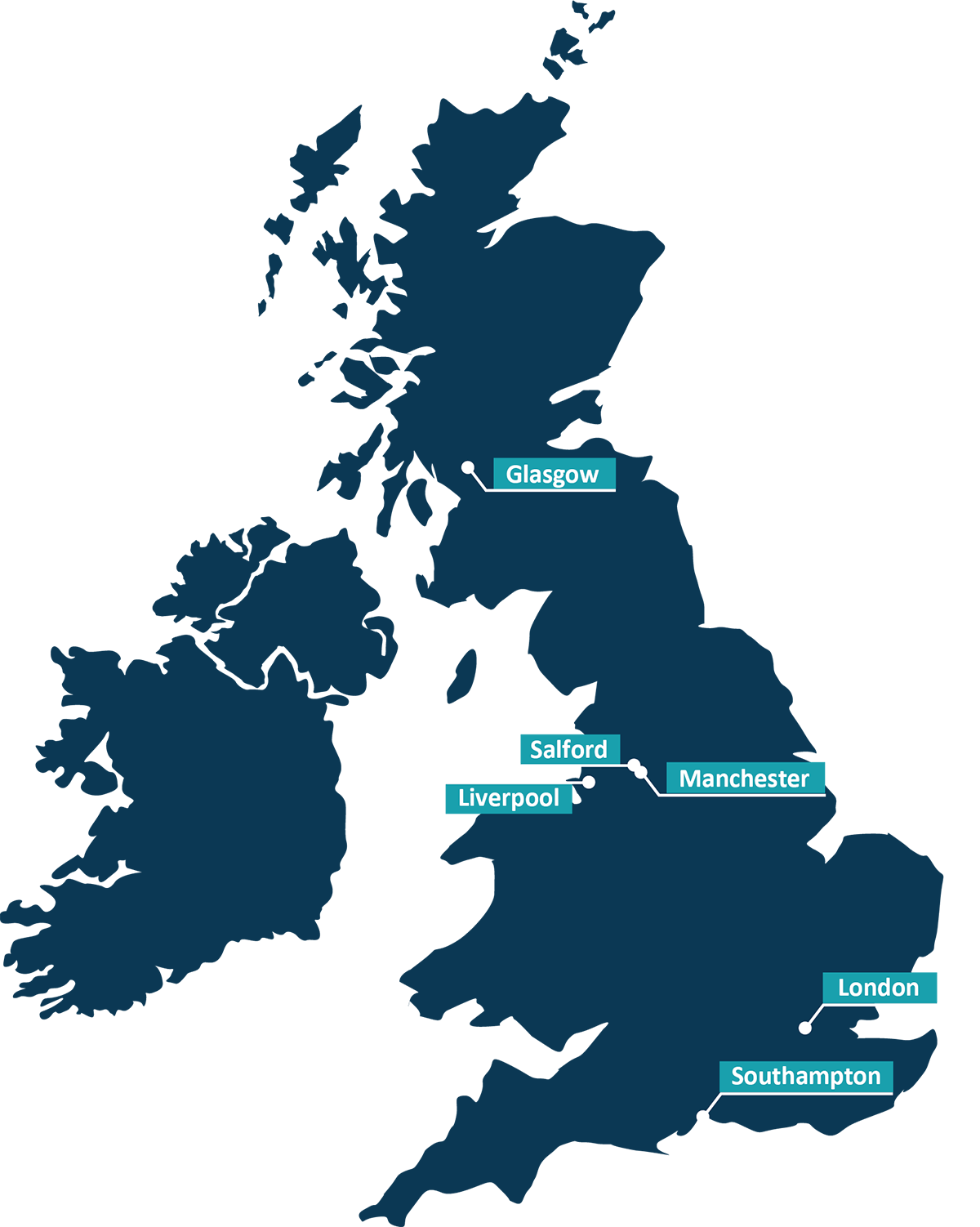
S. Norton Group calls on the Government to tackle loophole and increase battery recycling targets to reduce fire risk across industry
S. Norton Group is calling on the Department for Environment, Food and Rural Affairs (Defra) to strengthen battery recycling targets to improve safety for both communities and workers within the recycling sector.
Defra is due to consult on the waste batteries and accumulators regulations with the aim of drafting a comprehensive UK Battery Strategy which will play an essential role in meeting its net zero targets, as well as supporting economic growth.
Under existing regulations, battery producers must obtain evidence for the recycling of batteries which helps fund the recycling infrastructure. However, targets for portable batteries do little to incentivise the recycling of lower value, more problematic batteries such as alkaline, nickel cadmium and lithium-ion.
The broad target is that 45% of all batteries placed on the market each year are recycled, with no distinction between different types of batteries. As lead-acid batteries are easy to recycle and have inherent material value, they form the vast majority of the 45% that are recycled, accounting for over 70% of recycling. This is despite the fact that they represent only 3% of portable batteries placed on the market.
It is vital to increase the separation, collection and recycling of non-lead acid batteries, in particular lithium-ion, for which there is a severe lack of recycling facilities in the UK. According to the Environmental Services Association, lithium-ion batteries are responsible for around 50% of all waste fires occurring in the UK each year, as a result of being hidden in the waste stream. In addition to this, valuable materials such as the lithium and cobalt in the batteries are not recovered, doing nothing to aid our transition to the circular economy.
Setting specific targets for the various battery types would encourage the separation and recycling of all batteries including lithium-ion, resulting in improved collection rates and higher safety standards. The funds from the compliance scheme could be used to develop the much-needed infrastructure and communication.
Mike Bennett, head of technical development at S. Norton Group, said:
“Current UK regulations include targets which are not robust enough. They do not specify how the target is achieved, leading to a focus on recycling lead-acid batteries, rather than the more problematic lithium-ion batteries. There is no incentive to recycle highly flammable lithium-ion batteries and there are very few outlets for them. This means there is not enough focus on systematically removing, collecting and recycling batteries from items such as waste electricals and the batteries can find their way into other waste streams, creating a high risk of fires across the recycling industry.”
S. Norton Group is calling for specific recycling targets for each of the battery types to incentivise the development of battery recycling processes and to minimise the number of Lithium-ion batteries finding their way into the waste stream.
Tony Hayer, managing director of S. Norton Group, adds:
“At S. Norton Group, we have invested heavily in measures to minimise the risk of incidents caused by lithium-ion battery fires. We manually sort through every load of waste before it is accepted across our sites, we work closely with the Fire Service to make sure our fire procedures are the best they can be and we install the best-in-class fire-fighting equipment as we continue to invest in our sites. However, tougher regulation is needed to force change in the industry and the supply chain, to ensure that batteries are separated, collected and disposed of correctly. If this 45% recycling target is applied to each battery category, it will lead to a tightening of the manufacturer compliance schemes that will help to keep lithium-ion batteries out of the waste stream and ultimately result in a safer environment for all.”
Key facts about WEEE in the UK
In the first half of 2023, almost 240,000 metric tonnes of household waste electrical and electronic equipment was collected in the UK. This is equates to 50.7% of the target for 2023 and means that the country is on track to achieve its collection target for the first time since 2017. The UK is one of the biggest producers of e-waste in the world.
Types of e-waste
WEEE, often referred to as e-waste, consists of electronic products that are discarded at the end of their useful life. Types of e-waste include phones, computers, toys, power tools and lights, as well as large household appliances such as fridges, microwaves, and washing machines, which make up the largest volume of collected e-waste in the UK.
E-waste is a growing problem
E-waste is one of the fastest-growing waste streams in the world, and there are health concerns over the way it is disposed of and illegal exports to developing countries. With a lack of proper waste management, electronics are often burnt, resulting in the likely contamination of soil, water and food.* Source: Statista.
S. Norton Group makes huge £20m investment in first-of-its-kind new facility to drive future growth and boost productivity.
S. Norton Group has announced a significant £20m investment that is set to drive growth, bolster the firm’s sustainability credentials, and increase shredding capacity by more than 50%.
Leaders in innovative recycling and a global exporter, S. Norton Group has made the ambitious investment to design, build and commission a new world class metals shredder facility at its Manchester site. This major upgrade increases the Group’s capacity to shred waste metals with a much greater throughput, producing higher quality ferrous and non-ferrous scrap metals and significantly increasing its capacity for processing waste electrical and electronic equipment (WEEE).
Managed by S. Norton’s in-house engineering team, the new installation demonstrates the company’s commitment to innovation. Utilising the latest technology, the new 3000 hp Lindemann shredder is one of the most efficient in the world and the first-of-its-kind in the world with its sophisticated drive system. It also includes a bespoke and fully automated fire detection and suppression system, ensuring world class safety standards.
In addition to increased productivity, the new installation with its Venti Oelde downstream system has been purposefully designed to ensure environmental benefits such as improved dust abatement, reduced emissions to atmosphere and lower energy consumption.
Tony Hayer, Managing Director, said:
“We are committed to continually improving and investing in our operations to ensure that we remain at the forefront of recycling. Our engineering team has done an excellent job of designing and managing this major capital expenditure project, maintaining focus on optimising efficiency and improving the process. We are working to ensure that the company is in a position to grow, offering responsible recycling solutions for all forms of scrap metal and WEEE.”
David Hobson, Engineering Lead, said:
“The new shredder plant at Manchester is a world class installation that utilises the very latest and innovative technology options. The design sets the business up for the future and wouldn’t have been possible without the hard work and dedication of everyone involved within the business and the collaborative effort with our suppliers.”
Oonagh Kavanagh, Group Commercial Manager, said:
“This latest investment in advanced processing technology demonstrates S. Norton’s expertise and innovation in providing sustainable solutions in a complex and challenging market. The company remains focused on providing the highest level of service to which our customers are accustomed and we look forward to this new chapter in our history as we deliver ambitious investments in recycling technology to support the drive to a resource efficient economy.”
This latest investment again demonstrates the company’s commitment to realising its vision of living in a world where nothing goes to waste, by providing technology for the processing of a range of materials including waste electrical goods (WEEE) and end of life vehicles.
S. Norton urges government action to keep value, jobs and manufacturing in the UK
The UK’s leading steel producers and metal recyclers - including S. Norton - have joined forces to urge government action to strengthen the domestic steel recycling sector. Circular Steel: Strengthening the UK’s Industrial Supply Chain, [...]
S. Norton announces major investment and sustainable expansion at Glasgow site
S. Norton has announced significant developments at its recently acquired Glasgow site, marking a major step forward in both operational capacity and environmental sustainability for Scotland’s scrap metal recycling industry. S. Norton has long been [...]
S. Norton Group showcases £20m shredder for metals recycling CEOs
S. Norton Group hosted a tour of its latest £20m investment in state-of-the-art shredder technology for 17 senior leaders in the European metals recycling industry to showcase its success in boosting operational and energy-saving efficiencies. [...]
Growing recycling business acquires prime Glasgow sites to expand UK presence
Leaders in innovative recycling and a global exporter, S. Norton Group has finalised the acquisition of two significant sites in Glasgow as part of its ambitious growth plans. S. Norton Group’s expansion into Glasgow aligns [...]



